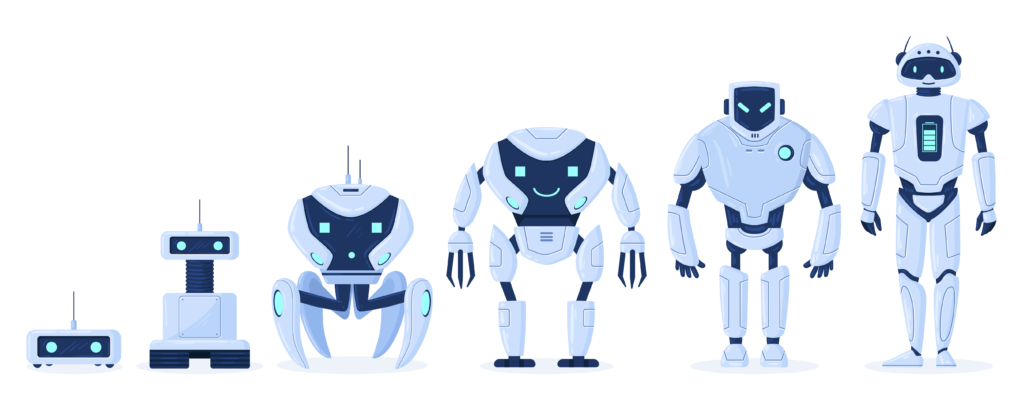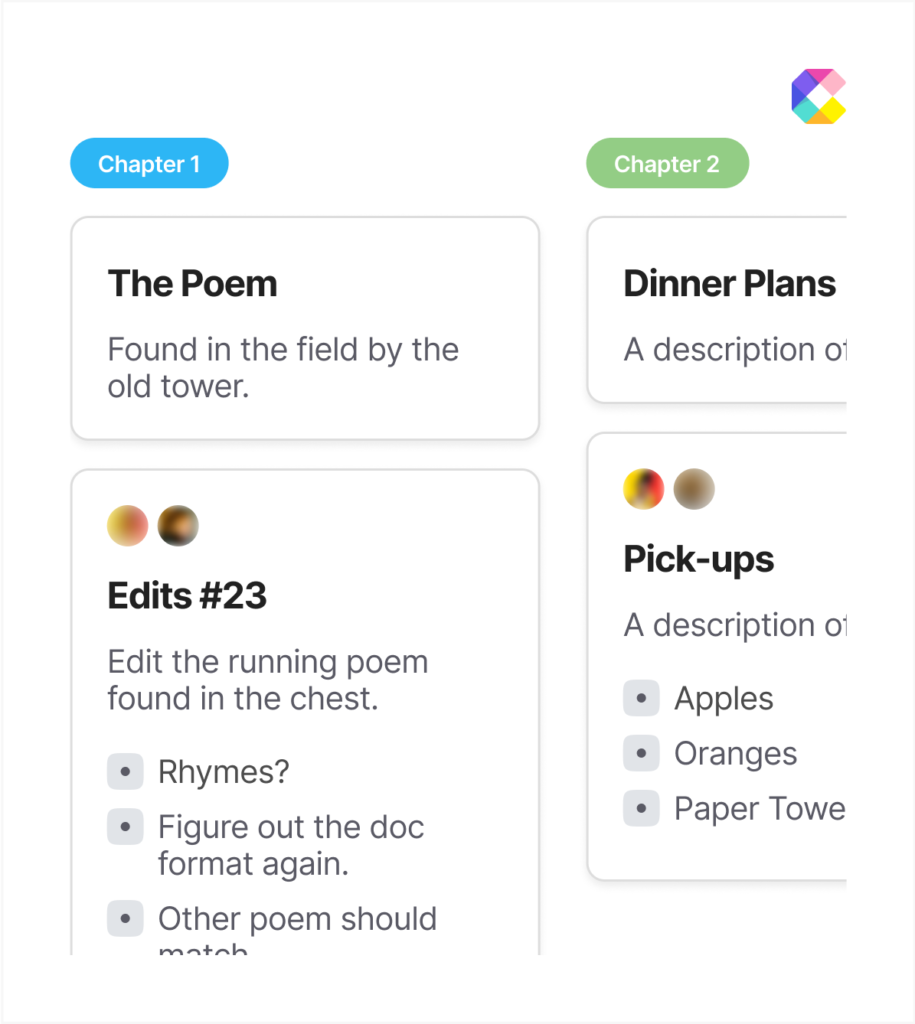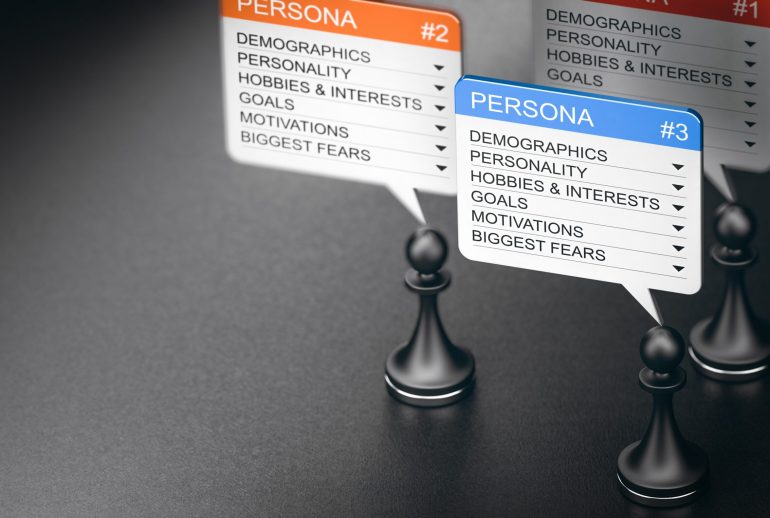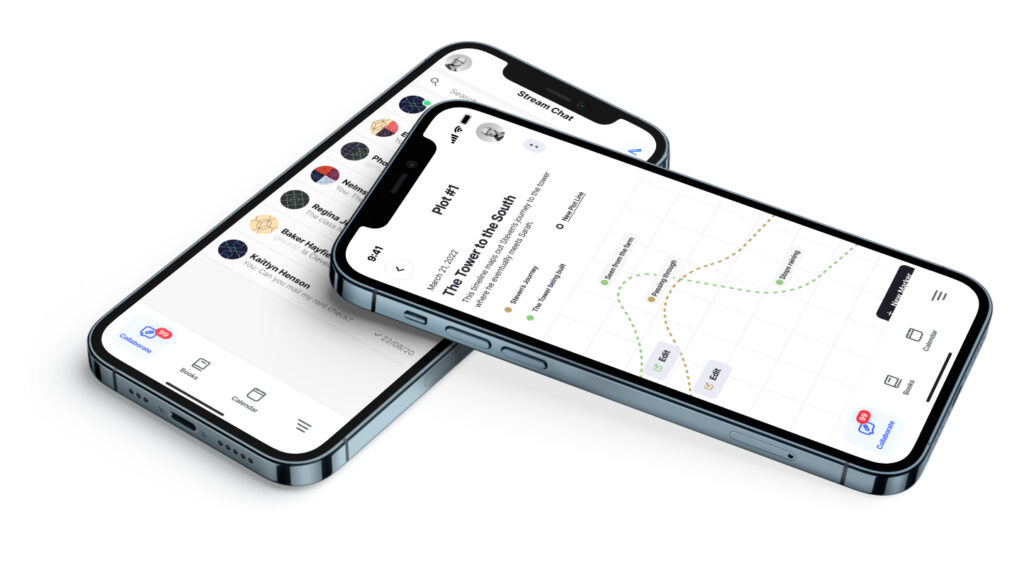What are you missing when choosing and developing your main character?
Everybody makes mistakes.
You might even be making mistakes with your character development and not even know it. We’ve all been there.
Well, Charlii is here to save the day. With this tried-and-true method to choosing the right character for your story as well as advice on how to develop them, you can’t go wrong.
Avoid the pitfalls of characters readers hate because they don’t make sense or resonate, save yourself from making mistakes that can make your story ‘sag’ in the middle, and discover the way to truly build a character from scratch that your readers will identify with, that will feel ultra-realistic, and that you’ll consider a friend… until you ultimately kill them, you monster.
Unless you’re not that kind of writer. In which case, disregard that last statement. But keep on reading! With advice from naming your character (easily the hardest part, am I right?) to what age your character should be (yes, really.) I have your burning questions covered, smothered, and answered!
How to Choose and Develop Your Main Character
This might be a tricky topic, because many writers have their specific methods—some build their premise or plot (the outline of what happens in the story) before making a character that fits into their world. Some people make the character first and build the premise around them. And still others build a character and a premise around one another at the same time.
No matter what camp you fall into, you can agree that characters make a big difference in the kind of story you write, the steps they need to take to reach their goals, and the direction the story itself will take.
My favorite way to explain how important the right character for a story truly is would be to have readers imagine movie characters… in the wrong movie. (Or TV show, if that’s more your speed.)
For example, imagine Hulk (just Hulk, no Bruce Banner) in Edward’s place in Twilight. If you giggled at the thought, we have the same sense of humor. If you can’t figure out how to make that work, then you get the point of the exercise.
Please note: I’m not saying it can’t be done, simply that it would be very difficult to do well and Hulk as our lead wouldn’t capture nearly as many teenaged and young adult hearts as Edward did.
The right character for your story is instrumental for your book to read smoothly and to draw readers in.
So what do you need to consider when creating your character?
Well, your story first and foremost.
Also your character’s:
- Gender
- Age
- Backstory
- Species
- Values
- Beliefs (I don’t just mean religion.)

I like to think about what makes the character different, and build their backstory to conflict with the plot of the story. For example, a character that’s terrified of heights that must trek mountains with narrow, precarious paths will have more internal conflict than one that loves heights. And the fact that they struggle more will make their eventual victory a much more satisfying emotional payoff for readers later, but that’s another topic for another day.
An important question to ask yourself is if you’re creating the best character for the story you want to write. A big mistake (and a great way to alienate readers) is to make characters that don’t fit. Terms like whitewashing come from people being upset that a character that should fit a certain mold (in this case, ethnicity) are instead, all wrong. Like having a white woman play an Asian woman in the live action Mulan. This move understandably upset a lot of people, so keep in mind what your readers want and expect, and try to stay true to them, your setting, your character, and your story.
Names, Gender, and Ethnicity
Now, regardless of where most authors start, it’s good to figure out name, gender, and ethnicity first. These three parts are interconnected, of course, and will tie into your character’s backstory as well. I don’t put a lot of stock into special, unique, or one-of-a-kind names. However, I will admit that reading a romance novel with a male lead character named Bob just isn’t for me. Names are important, sure, but they don’t have to be unique.
An important note on names: while alliteration is pleasing to the ear, having characters with similar-sounding names is confusing. Avoid having a lead and her best friend called Kate and Kady for example. Readers will mix them up and things won’t go well.
Make sure that you consider the character’s gender and the ramifications of your choice as well. I’m all for staying true to the character and story, but when it comes to gender, there is a lot to consider. Across all ethnicities, backgrounds, and cultures, the way men and women are treated tends to be very different, and considering the complicated conversation around gender these days, things are only growing more complicated. So you have to consider the challenges one may face, and what might be easier for one gender vs another.
Age
Age is another important factor, both for genres (young adult and new adult, for example, can’t have a thirty-something lead character.) and for the story. An eighty-year-old woman probably can’t be a cop, but neither could a sixteen-year-old young man. The age of the character will play into the things they can do—can an elderly woman climb a mountain in a fantasy novel while making a cross-country trek on horseback? Can a twenty-year old woman pilot a spacecraft that takes a half-decade of training to even qualify to fly? Can a thirty-six-year-old man be a doctor with fifteen years of experience? Readers will pick up on details that don’t work or don’t make sense when it comes to age.
On a deeper level, when picking a character’s age, you need to be ready to write a character with the wisdom of a fifty-something grandfather, or the youthful angst of a young adult, or the crisis of a single mom in her late twenties who just found her husband in bed with another woman. Age is very important, and many readers will DFN (did not finish) a book if the character doesn’t make sense.
Species
Species is another important aspect of some novels. Werewolves, demons, angels, aliens, monsters, elves, ogres, orcs, centaurs, etc. you name it, the story is out there somewhere. Picking the species of character plays an important role in some stories. Imagine Lord of the Rings if Frodo wasn’t a hobbit. The whole story would change dramatically.
Values and beliefs
Values and beliefs are also important to note. If your character is a pacifist, but they punch someone in the face, you need to be fully prepared to either:
- give them a really good reason for violating their own beliefs and values on violence
- write their reaction seamlessly in the moment.
There are plenty of reasons this example could work and plenty of reasons it could fail. You need to make sure that your character acts in a way that is believable to them. That’s not to say you can’t surprise readers with a moment like this example, but make sure the reasons are valid and move the reader to make them think this is the best (or only) option. Remember, people will do crazy things when pushed to the brink; same for characters. But you have to write it to be realistic and believable. The more you know about your character’s beliefs and values, the more likely you are to make them seem real and the easier it will be to keep them on track in the story.
Backstory
Backstory is a vital component in understanding and developing your character. Who they are, where they come from, the type of upbringing they’ve had, all these details will help you fine-tune how your character will act and react across various situations. A child from a loving family isn’t going to act the same as a child from a distant, cold, or abusive family, for example, and every type of household I just mentioned will have a different character outcome as well. How they did in school is an indication of their personality, ability to conform, and/or possibly their intelligence. Every detail changes who your character is, just like everything you’ve experienced has shaped you. And that’s how you write characters with depth, personality, and attitude; you focus on who they are and how what they’ve been through affects their views, goals, and perspectives.
Weave it all together!
Now, once you’ve nailed down the details, you can flesh out your character. Add personality traits, quirks, and interesting features (that make sense given all the factors we’ve discussed) will make them more interesting to readers. A diverse cast of characters might be harder to write, but they’re more likely to clash, and that conflict can enrich your story all the more! Remember, every one (characters included) have their goals, their reasons for doing what they do, and most of us are ever-pushing toward an ideal of some sort. So keep that in mind while creating your character!
Every step of the way, you need to know what drives your character. What are they working toward? This is going to be tied to the plot, so separating it into character traits won’t always be easy, but it’s helpful to know where their head is at to help keep your story flowing. Many times, stories will ‘sag’ in the middle, and this problem can often be attributed to a character waffling on what they want, being indecisive, or downright not driving their story. Don’t let this happen to you! Knowing what they’d do in a variety of situations is essential to keeping your story liquid and moving.
Keeping the details straight can be difficult! There are plenty of ways to keep track; profile sheets, sticky notes, a question-and-answer session with your character, etc. No one method works for everyone, so finding your way is your next important step! Onward and up—you’ve got this!
Use the outlining tool to build your story. Ensure a complete story arc and work out the major components of your story before you even begin writing.
- Organize ideas
- Build adequate conflict
- Ensure adequate pacing and character development




